It’s been a while since I read any Mishima and this was an absolute delight: a new collection of short stories, all previously untranslated, in a collection edited by Stephen Dodd. I work with Dodd and he was kind enough to get me this copy. He translated a few of the stories, as did Jeffrey Angles, Tomoko Aoyama, Sam Bett, Paul McCarthy, John Nathan, Hannah Osborne, Juliet Winters Carpenter, and Oliver White. Mishima is mostly known (besides the obvious) for his style, his stunning prose that, even in translation, seems to float like light on water, but one thing I’ve always loved about him is the breadth and depth of his understanding of humanity and these stories showcase that. Not every story is a winner—personally I find it a bit dull when he writes historical fiction about “fallen heroes” and a few of those crop up here—but others are profound, funny, or often both. The yellow tag you can see in the photo is because one of the stories, “From the Wilderness” is a perfect addition to a paper I’m working on.
Another Japanese short story collection and in some ways completely different, in others quite similar. Tomoka Shibasaki’s Spring Garden is a novel I love, so I was very happy to get the review copy from Stone Bridge Press. Whereas Mishima’s prose is sprawling and flamboyant, Shibasaki’s (in Polly Barton’s translation) is tight, sparse, minimalistic to the extreme. These 34 stories are strangely both hyper-focused in their detail and so distanced as to be almost allegorical. Some are vignettes, a brief, important moment; others span lifetimes in a few paragraphs. Each one is fascinating, and Shibasaki has a talent for drawing you in with one or two well chose words, sketching a whole landscape with a single brushstroke. Every story is so condensed that the cumulative effect is overwhelming and I couldn’t read more than one or two at a time. While Mishima’s stories are worlds you sink into, Shibasaki’s are short sharp shocks that linger with you long after.
This was a recommendation from someone at last year’s Japan Writer’s Conference, a self-published “novel” about rural Japan. I put novel in inverted commas because it isn’t a novel by any definition of the word, rather it is a series of linked short stories. The only recurring character is the location, a village in Kyushu. It’s interestingly structured, beginning in post-war Japan and moving backwards into the mists of pre-history. This is done in order to show how claustrophobic and imprisoning human settlements have become. There’s a lot of idealised past here, almost knocking on the door of the “noble savage” idea of the hunter/gatherer existing in balance with nature. The stories themselves are excellent, well written and gripping. The author has a good eye for detail and a nice balance of internal and external narratives. The final “chapter” is a bit of a let down, since it is essentially an essay by the author explaining his thinking behind the book and the ideological standpoint mentioned above, which only serves undermine the fictional world he carefully built up to that point, breaking the fourth wall for no real pay off.
I am a fan of Nick Bradley’s debut, The Cat and the City, and years ago did a really interesting online event with him and Chris Harding on writing about Japan. His follow up novel, Four Seasons in Japan, treads some of the same ground but perhaps not quite as successfully. The prose is excellent, as are the characterisations, and the novel within a novel structure works well, but something about the story of a teenage boy being sent to live with his grandmother in rural Japan just didn’t land for me. In part, it was probably the fact that a lot of the themes and motifs were drawn from Japanese literature and art. That’s not a bad thing in itself, but it’s something I’ve seen a lot recently and it’s already starting to feel a little tired. That’s essentially a matter of personal taste and my recent reading patterns, not an objective criticism of the book, so don’t let that put you off.
Volume two of John C. McManus’s epic history of the US army in the Pacific during World War 2. I read volume one last October and intended to get straight into volume two while it was fresh but you know by now life continually gets in the way of my reading plans. Volume two is very much more of the same: island hoping with the army, the hardships and humour of the infantry, the genius and stupidity of command, the battles from both sides (he clearly used a lot of Japanese sources, especially diaries, as well as American ones which is both fascinating in its detail but also shows how much of the war was fought on flawed assumptions on both sides). McManus is an easy-going author and these books never get weighed down in statistics and lists of army groups, regiment numbers and the like (although those things are present) and his sardonic take on the personal relationships of the commanders can be pretty funny at times. Recommended if campaign histories are your thing.




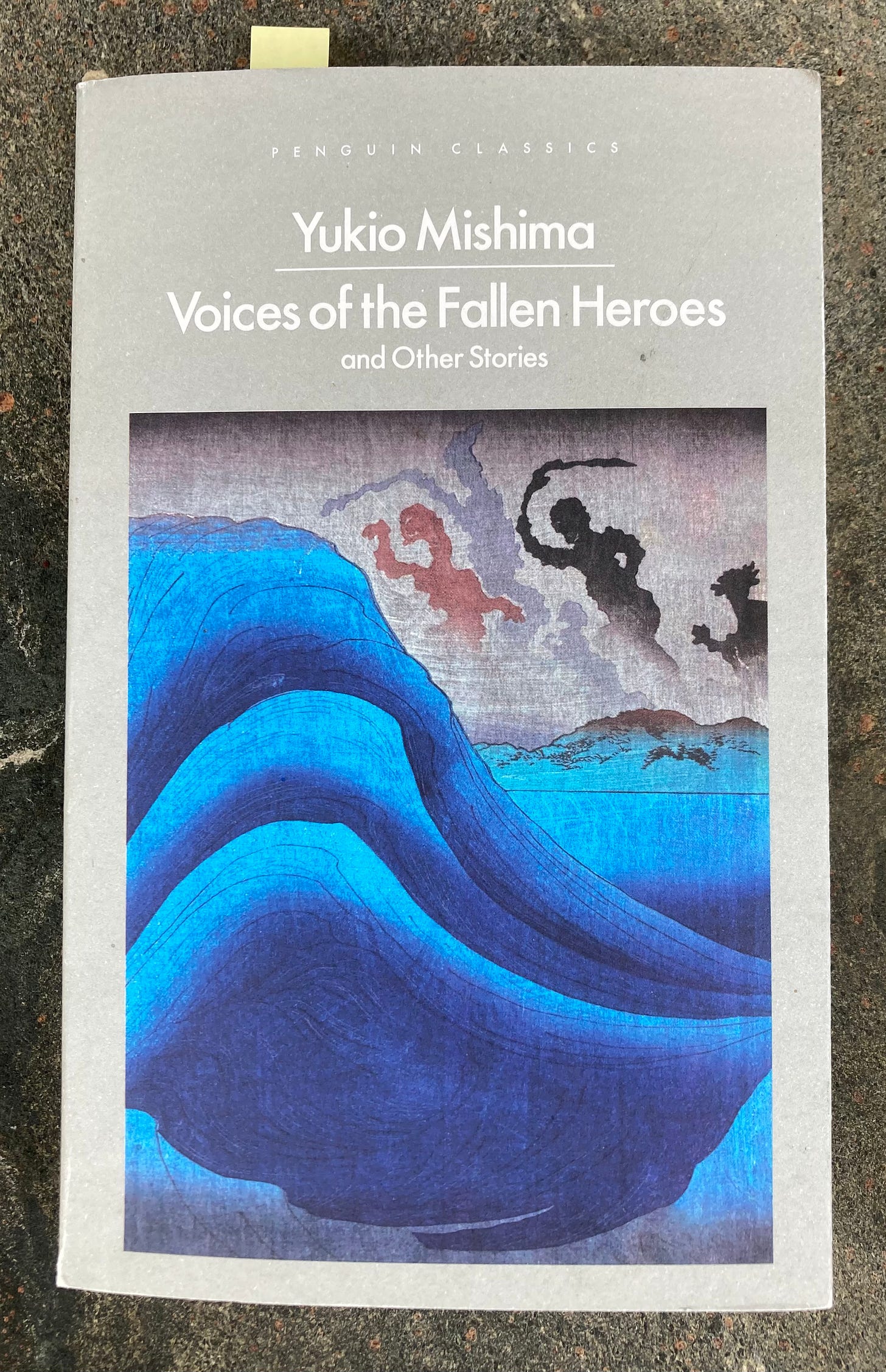
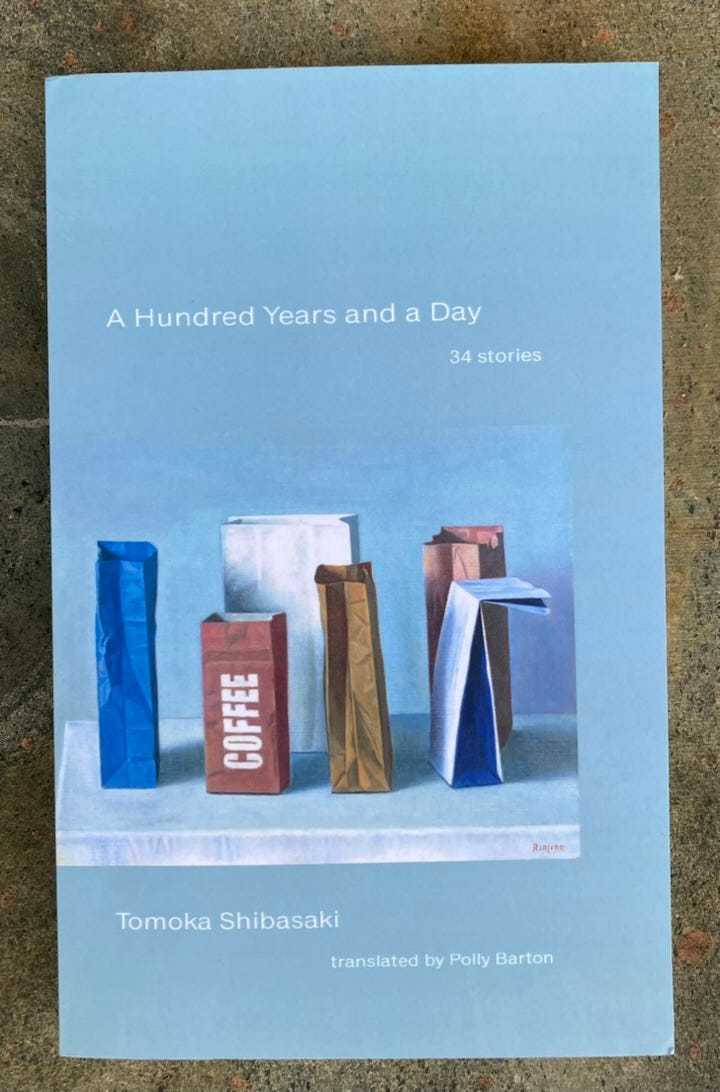
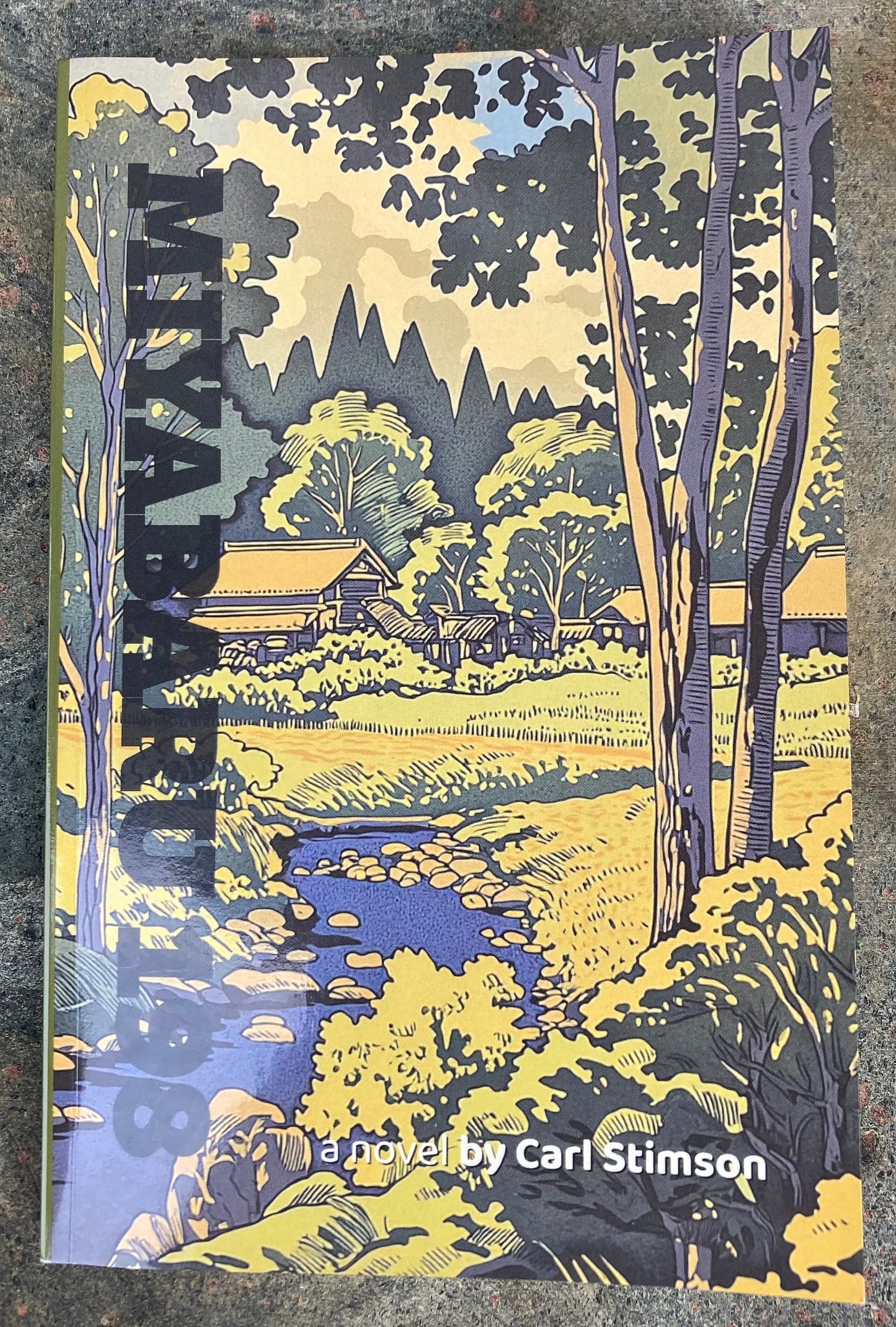
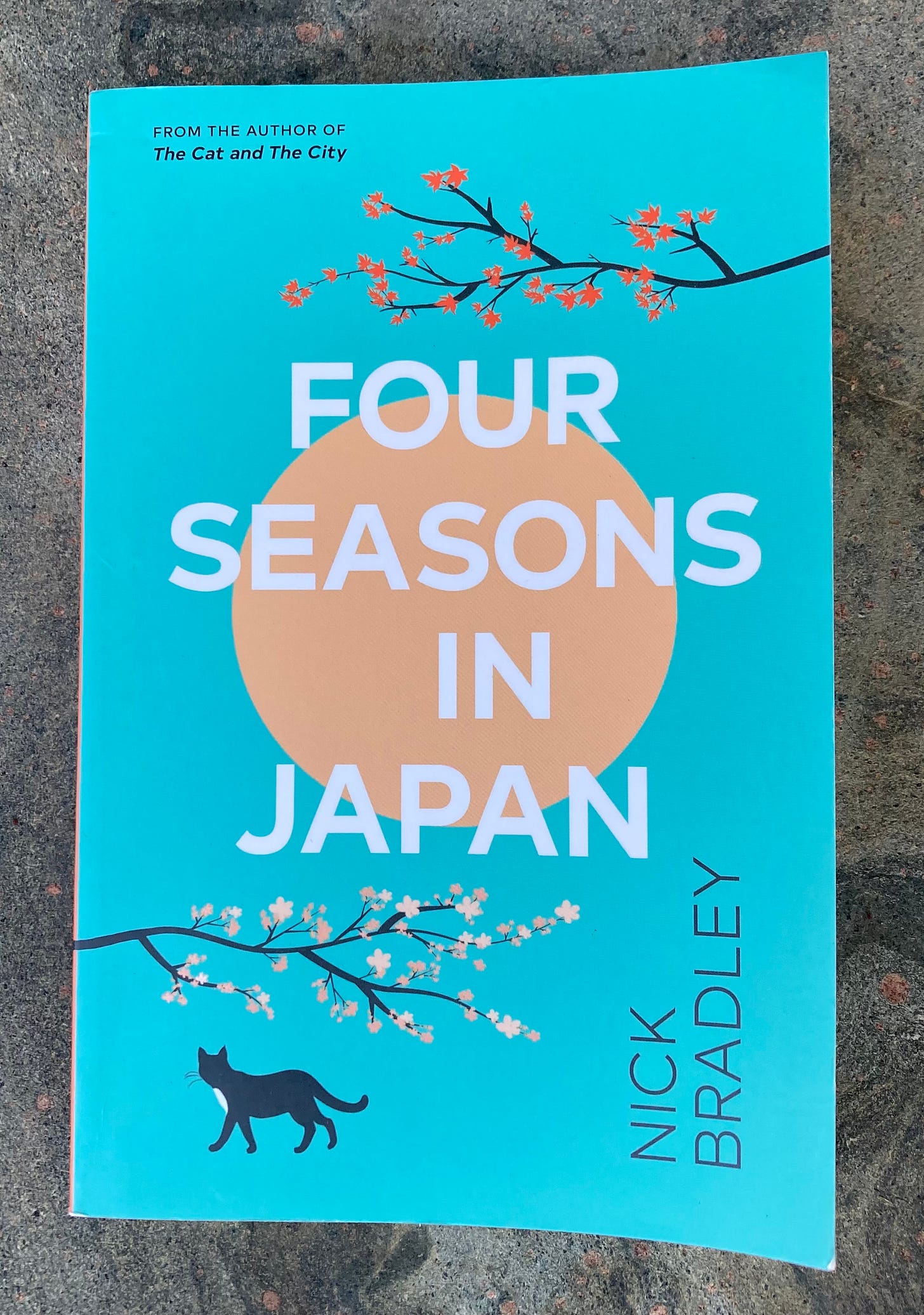
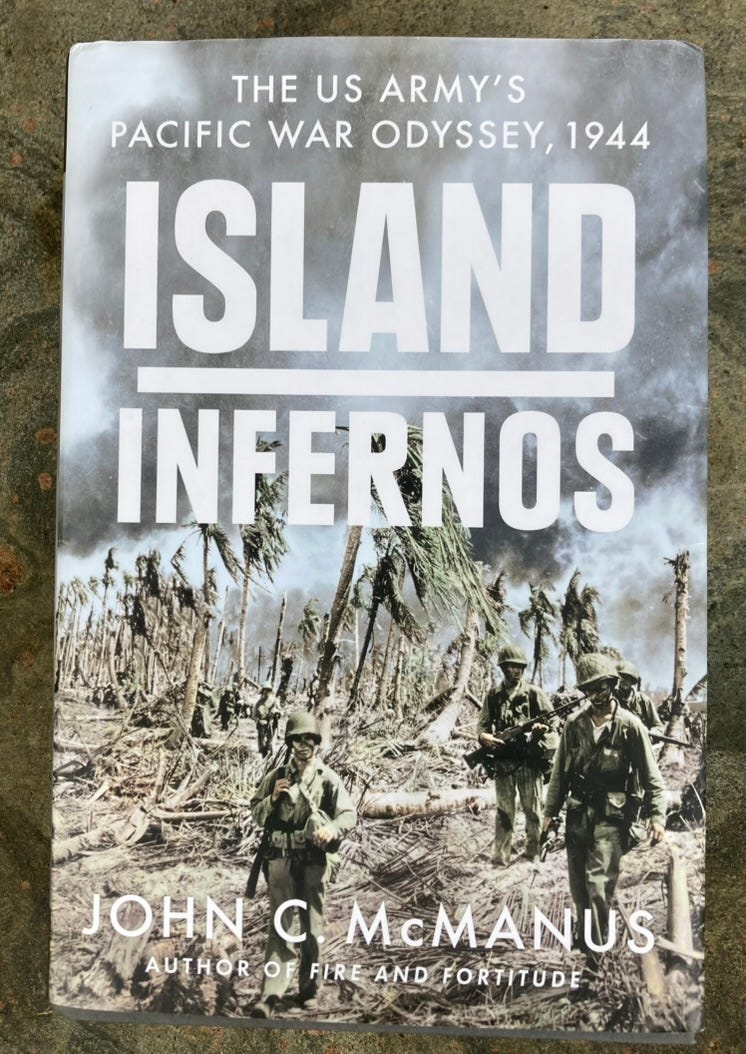
The cover artwork on Miyabaru 198 is very Canadian Group of Seven (1900s). Nearly £20 in UK (via Nile) but only 166 pages including the essay. Is it worth a go?